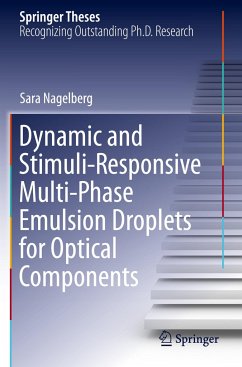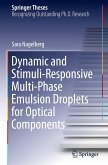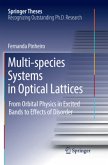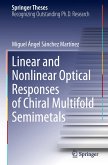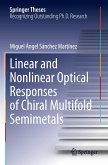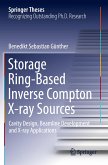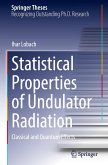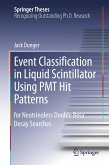This thesis builds on recent innovations in multi-phase emulsion droplet design to demonstrate that emulsion morphologies enable a useful variety of dynamic optical phenomena. Despite the highly dynamic nature of fluid morphologies and their utility for stimuli-responsive, dynamic optical materials and devices, fluid matter is underrepresented in optical technology. Using bi-phase emulsion droplets as refractive micro-optical components, this thesis realizes micro-scale fluid compound lenses with optical properties that vary in response to changes in chemical concentrations, structured illumination, and thermal gradients. Theoretical considerations of emulsions as optical components are used to explain a previously unrecognized total internal reflection-enabled light interference phenomenon in emulsion droplets that results in rich structural coloration. While this work is focused on the fundamental optics of emulsion droplets, it also facilitates the use of light-emitting emulsion morphologies as chemo-optical transducers for early-stage food-borne pathogen detection. This thesis beautifully demonstrates the virtue of fundamental interdisciplinary exploration of unconventional material systems at the interface of optics, chemistry, and materials science, and the benefits arising from translation of the acquired knowledge into specific application scenarios.
Bitte wählen Sie Ihr Anliegen aus.
Rechnungen
Retourenschein anfordern
Bestellstatus
Storno

